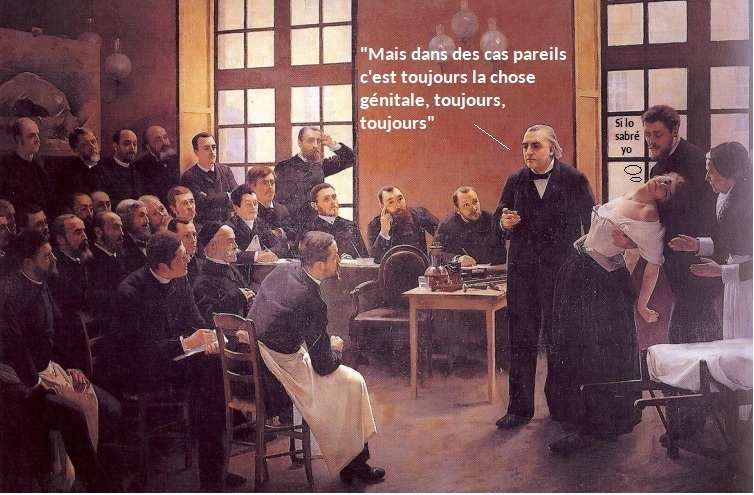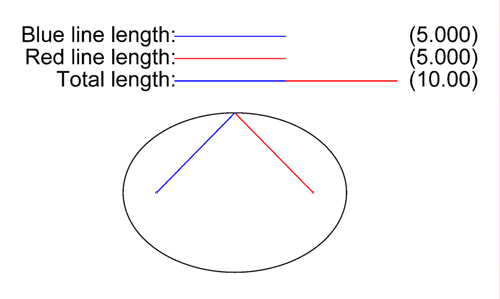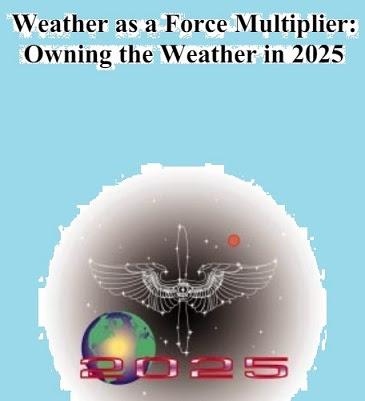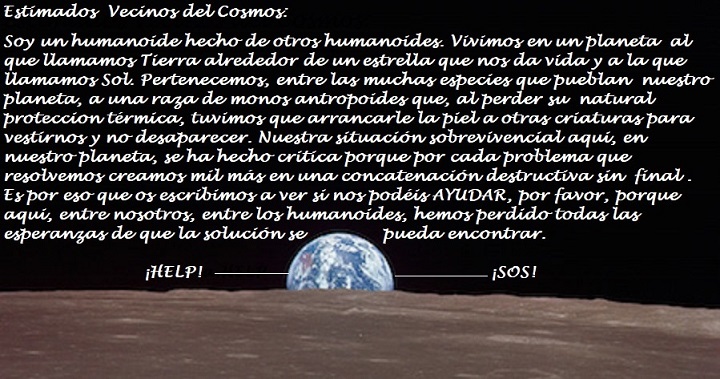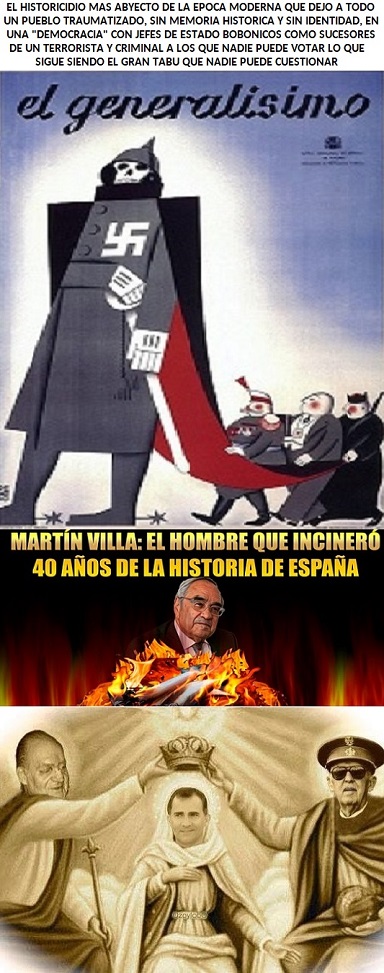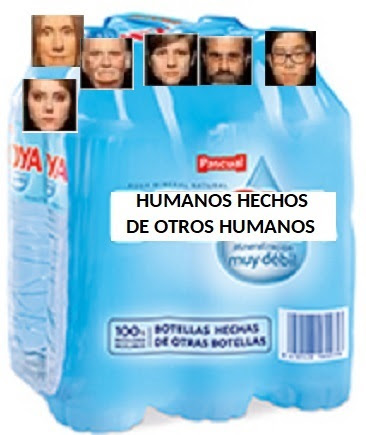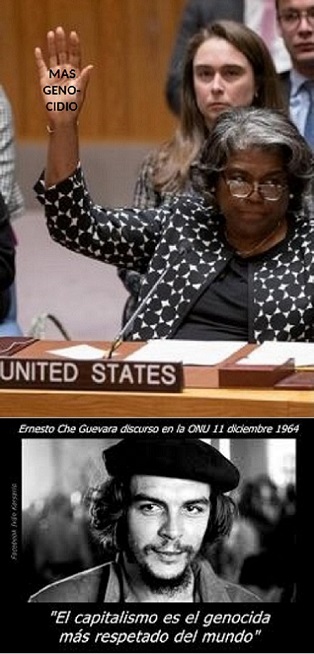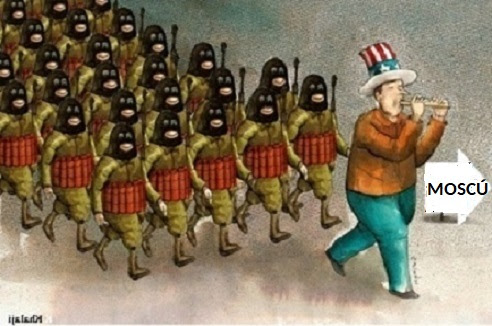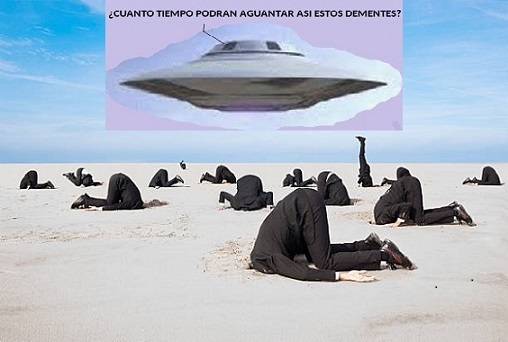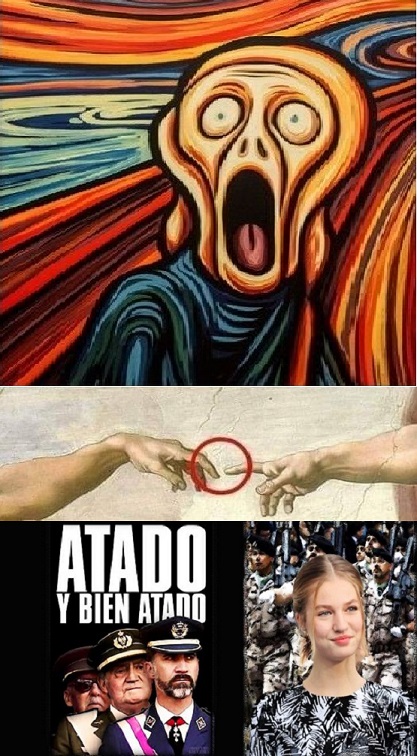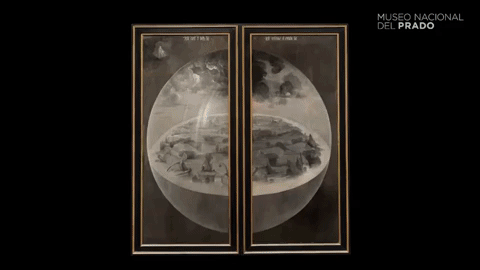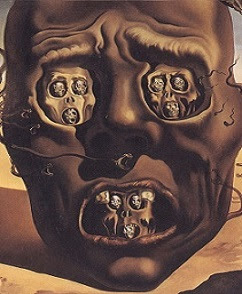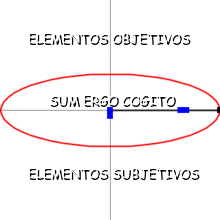According to Deleuze, the traditional image of thought, found in philosophers such as Aristotle, Descartes, and Husserl, misconceives of thinking as a mostly unproblematic business.
Truth may be hard to discover—it may require a life of pure theorizing, or rigorous computation, or systematic doubt—but thinking is able, at least in principle, to correctly grasp facts, forms, ideas, etc.
It may be practically impossible to attain a God's-eye, neutral point of view, but that is the ideal to approximate: a disinterested pursuit that results in a determinate, fixed truth; an orderly extension of common sense.
Deleuze rejects this view as papering over the metaphysical flux, instead claiming that genuine thinking is a violent confrontation with reality, an involuntary rupture of established categories.
Truth changes what we think. It alters what we think is possible.
By setting aside the assumption that thinking has a natural ability to recognize the truth, Deleuze says, we attain a "thought without image", a thought always determined by problems rather than solving them. "All this, however, presupposes codes or axioms which do not result by chance, but which do not have an intrinsic rationality either. It's just like theology: everything about it is quite rational if you accept sin, the immaculate conception, and the incarnation. Reason is always a region carved out of the irrational—not sheltered from the irrational at all, but traversed by it and only defined by a particular kind of relationship among irrational factors. Underneath all reason lies delirium, and drift."
:::::::::::::::::::::::::::::::
"Capitalism: A Very Special Delirium",
Gilles Deleuze and Felix Guattari
QUESTION:
When you describe capitalism, you say: "There isn't the slightest operation, the slightest industrial or financial mechanism that does not reveal the dementia of the capitalist machine and the pathological character of its rationality (not at all a false rationality, but a true rationality of *this* pathology, of *this madness*, for the machine does work, be sure of it).
There is no danger of this machine going mad, it has been mad from the beginning and that's where its rationality comes from. Does this mean that after this "abnormal" society, or outside of it, there can be a "normal" society?
GILLES DELEUZE:
We do not use the terms "normal" or "abnormal". All societies are rational and irrational at the same time. They are perforce rational in their mechanisms, their cogs and wheels, their connecting systems, and even by the place they assign to the irrational. Yet all this presupposes codes or axioms which are not the products of chance, but which are not intrinsically rational either. It's like Theology: everything about it is rational if you accept sin, immaculate conception, incarnation. Reason is always a region cut out of the irrational -- not sheltered from the irrational at all, but a region traversed by the irrational and defined only by a certain type of relation between irrational factors. Underneath all reason lies delirium, drift. Everything is rational in capitalism, except capital or capitalism itself. The stock market is certainly rational; one can understand it, study it, the capitalists know how to use it, and yet it is completely delirious, it's mad. It is in this sense that we say: the rational is always the rationality of an irrational. Something that hasn't been adequately discussed about Marx's *Capital* is the extent to which he is fascinated by capitalists mechanisms, precisely because the system is demented, yet works very well at the same time. So what is rational in a society? It is -- the interests being defined in the framework of this society -- the way people pursue those interests, their realisation. But down below, there are desires, investments of desire that cannot be confused with the investments of interest, and on which interests depend in their determination and distribution: an enormous flux, all kinds of libidinal-unconscious flows that make up the delirium of this society. The true story is the history of desire.
A capitalist, or today's technocrat, does not desire in the same way as a slave merchant or official of the ancient Chinese empire would. That people in a society desire repression, both for others and *for themselves*, that there are always people who want to bug others and who have the opportunity to do so, the "right" to do so, it is this that reveals the problem of a deep link between libidinal desire and the social domain. A "disinterested" love for the oppressive machine.
Q:
So what is specific to capitalism in all this?
GD:
Are delirium and interest, or rather desire and reason, distributed in a completely new, particularly "abnormal" way in capitalism. I believe so. Capital, or money, is at such a level of insanity that psychiatry has but one clinical equivalent: the terminal stage.

















































































































































































































